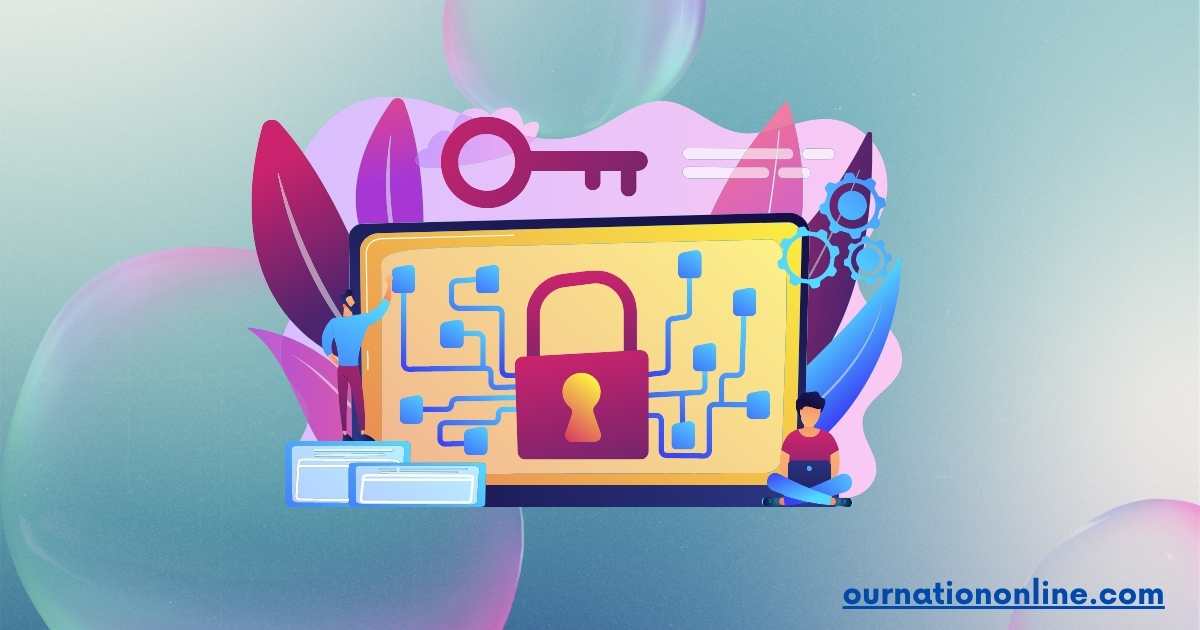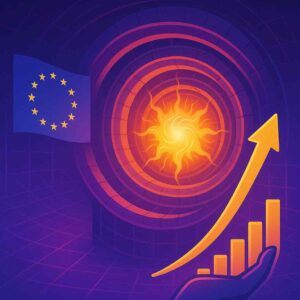Introduction:
Introduction: The convergence of blockchain, augmented reality/virtual reality (AR/VR), and the metaverse has ushered in a new era of technological innovation. These three groundbreaking technologies hold immense promise for revolutionizing various industries and enhancing the overall human experience. In this article, we will delve into the exciting applications and potential implications of blockchain, AR/VR, and the metaverse across diverse sectors.
Education:
The integration of AR/VR technology with blockchain has the potential to redefine education. AR/VR can offer students immersive and interactive learning experiences, enabling them to explore historical sites, comprehend complex scientific concepts, or simulate real-world scenarios. Blockchain, on the other hand, can ensure secure storage and verification of educational data, such as certificates, qualifications, and achievements, enabling transparent and reliable credentials.
Workplace Transformation:
AR/VR technology can bring tremendous advancements to the workplace, significantly enhancing productivity and safety. Through AR, workers can access real-time information, perform complex tasks, or receive on-the-job training more effectively. Simultaneously, blockchain can offer secure and tamper-proof systems to track and manage work-related data, ensuring transparency and efficiency in areas like supply chain management, human resources, and intellectual property rights.
Gaming
The gaming industry is experiencing a paradigm shift with the integration of AR/VR. These technologies allow for immersive and realistic gaming experiences, blurring the boundaries between the physical and virtual worlds. With AR, players can engage in augmented reality games that incorporate their real-life surroundings, while VR offers fully immersive experiences. Blockchain provides a secure foundation for in-game transactions, enabling reliable ownership, and transfer of virtual assets.
Healthcare
AR/VR holds tremendous potential for transforming healthcare by offering novel tools and techniques to medical professionals. Augmented reality can assist doctors in diagnosing diseases, planning surgeries, or visualizing patient data in real-time during procedures. Furthermore, blockchain can ensure the secure and interoperable sharing of medical records while preserving patient privacy, facilitating efficient collaboration among healthcare providers.
Retail
AR/VR is revolutionizing the retail industry by creating dynamic and personalized shopping experiences. Through AR, customers can virtually try on clothes, visualize furniture in their homes, or receive personalized product recommendations. Blockchain can be utilized to track the provenance of products, ensuring authenticity and transparency in supply chains. Additionally, it can facilitate secure and transparent in-store transactions, making the shopping process seamless and trustworthy.
Art and Architecture:
The fusion of AR/VR and blockchain is enabling innovative possibilities in the art and architecture domains. Artists can leverage AR to create interactive installations, allowing viewers to engage with their artwork in entirely new ways. Architects can utilize AR to construct interactive models of buildings or overlay designs onto physical spaces. Blockchain technology can securely manage and track ownership of art pieces, architectural designs, and facilitate transparent transactions within these industries.
Tourism and Sports:
AR/VR can revolutionize the tourism sector, offering tourists immersive and engaging experiences. Through AR, visitors can explore historical sites, discover cultural heritage, or gain deeper insights into local attractions. In sports, AR/VR can provide fans with enhanced viewing experiences, allowing them to access real-time stats, different camera angles, or interact with athletes virtually. Blockchain technology can support secure ticketing systems, prevent fraud, and ensure fair distribution of tickets.
The Metaverse:
The metaverse, accessed through AR/VR headsets, presents a virtual world where people can collaborate, work, and socialize. It has the potential to transform various aspects of human interaction and offers endless possibilities for innovation. From attending virtual conferences to collaborating on projects or gaming with friends, the metaverse is an immersive and interconnected realm. Blockchain technology can provide a robust framework


